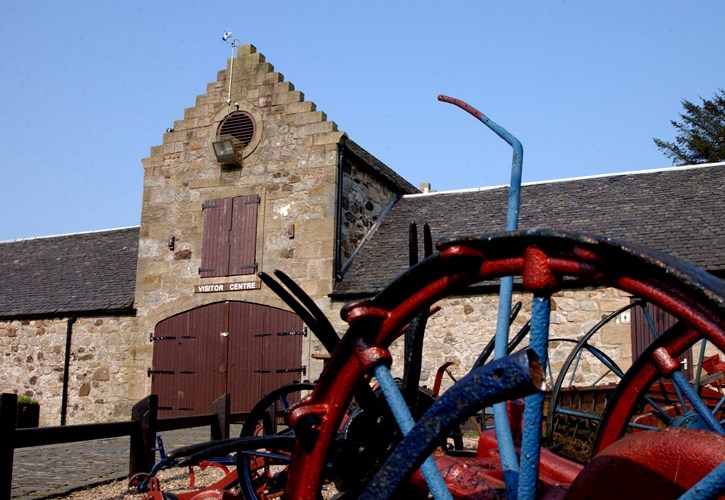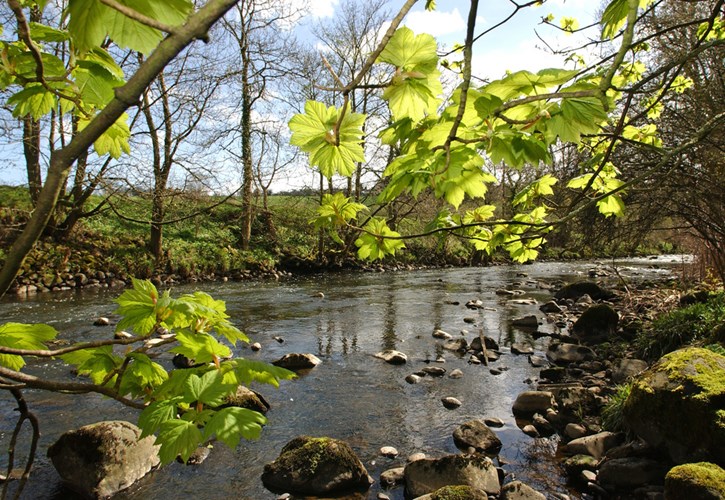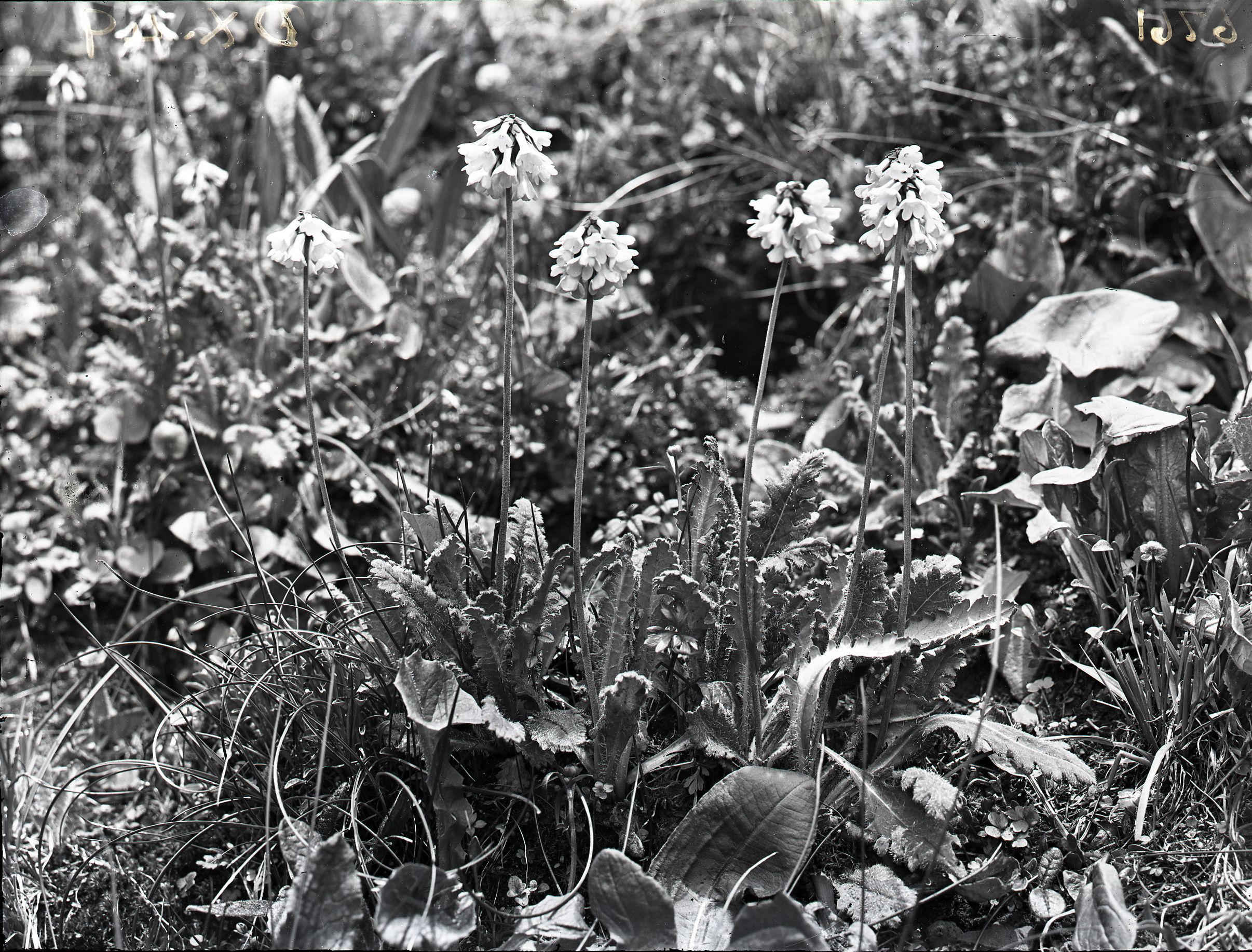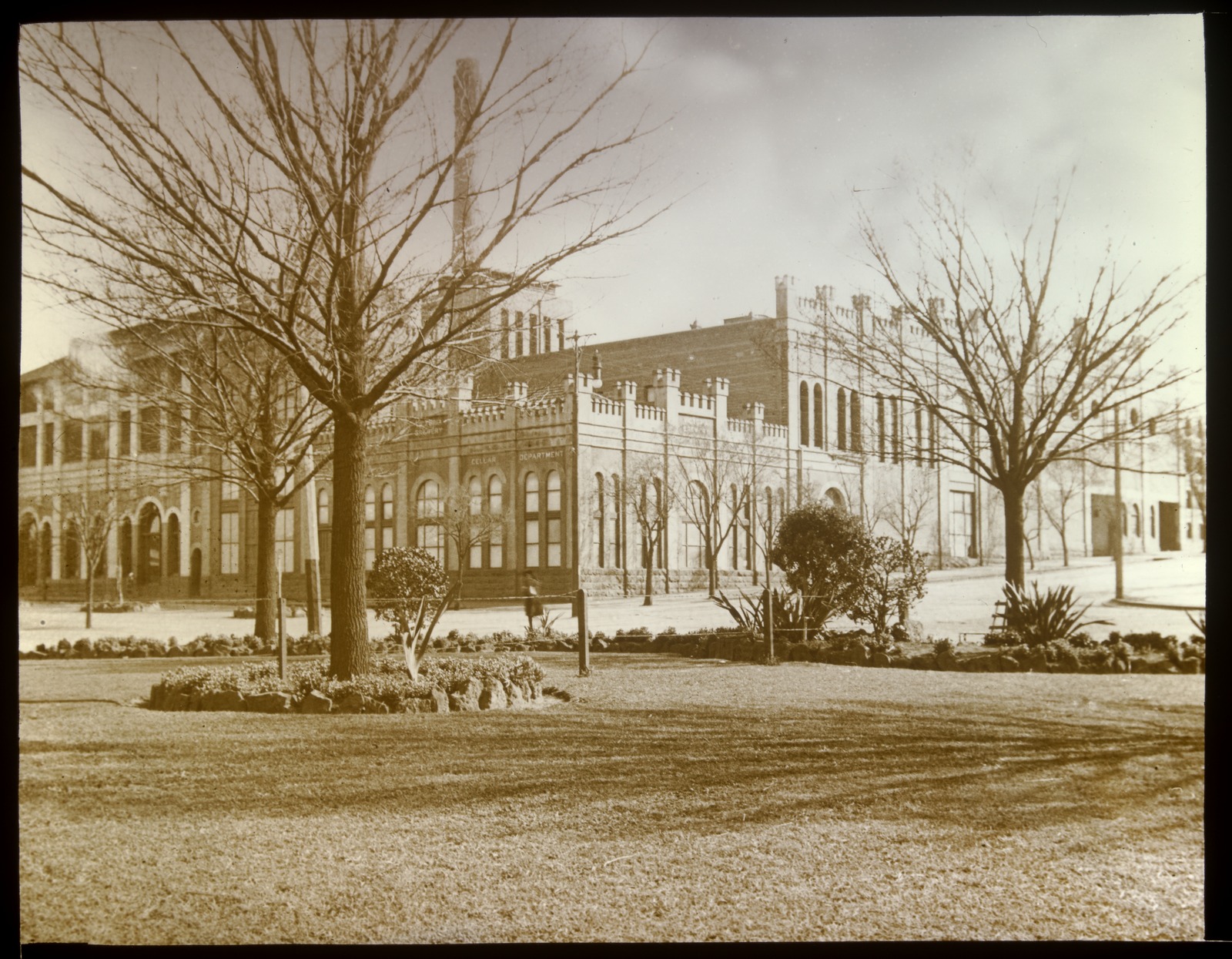Muiravonside Country Park was once home to Alexander MacLeod, who owned slave plantations in the West Indies. This timeline offers an overview of his life within the wider context of key events in the history of industry and empire.
The Estate
The Muiravonside Country Park, in which Muiravonside House used to sit, was a private country estate that over the centuries has been passed from owner to owner. One of these owners was Alexander MacLeod who owned the estate from 1799-1835 and was heavily involved in colonial administration in Jamaica.
Timeline: Alexander McLeod
This timeline places Alexander’s life within the context of the British Empire and highlights his role within it.
1492 – Christopher Columbus “discovered” the Caribbean Islands.
1509 – Jamaica was colonised by the Spanish.
1600 – Queen Elizabeth I signed the Royal Charter which created the East India Company which went on to develop a private army and forcibly took over India.
1655 – An English fleet took Jamaica by force from the Spanish. The British continued to use slave labour to grow sugar and tobacco.
1673 – There were 57 sugar plantations on the island of Jamaica.
1739 – The number of sugar plantations had grown to 430.
From 1785 – Alexander MacLeod managed the Unity Valley Pen Plantation for David Barclay.
- Barclay wanted to emancipate the 32 enslaved people on the plantation, but MacLeod argued against it.
- Barclay experimented by paying 2 enslaved people for their labour, however MacLeod wrote to him saying that they had become “so relaxed in their labour” that “their example would be disadvantageous” – Barclay then freed them.
- Despite MacLeod’s opposition, Barclay freed the enslaved people on the plantation, transporting them to Philadelphia where they were looked after by the Society for Improving the Condition of Free Blacks which was run by some of Barclay’s Quaker friends.
1789-1793 – MacLeod was a “slave factor:”
- MacLeod managed what were known as slave factories. This is where enslaved people were held after being transported from the African continent and before they were sold in Jamaica.
- MacLeod managed slave factories in Spanish Town, Old Harbour and Kingston, Jamaica, for four different voyages that brought enslaved people from the west coast of Africa to the Caribbean.
From 1790 – MacLeod owned Meadow Penn farm. Originally this was just a cattle farm, but MacLeod bought enslaved people to work the land in 1791. By the time he sold it in the late 1790s, there were around 80 enslaved people working there.
1799 – MacLeod bought the Muiravonside estate. His time and the wealth he gained in Jamaica influenced the veranda style additions that MacLeod made to Muiravonside House.
1801 – MacLeod married Frances Ayliffe Dalmahoy.
1833 – England abolished slavery in its colonies and the government paid the slave owners compensation for their loss of “property.” The British government borrowed so much money (£20 million, the equivalent of roughly £300 million today) to be able to do this, that the loans were only paid off in 2015.
1835 – The Muiravonside estate was sold to Charles Stirling. MacLeod acted as security for his nephew Sir Evan Murray McGregor and lost his Scottish estates as a result.
1839/40 – MacLeod died.
1962 – Jamaica became an independent nation within the commonwealth.




Legacy
The story of Alexander MacLeod clearly shows that the legacies of slavery, empire and imperialism are still prevalent in society today. The period of empire which oppressed and stole from people all around the world is not a period in history that is completely behind us nor that we got a clean break from. Its effects pervade many aspects of our lives including our heritage sites.
During the Black Lives Matter protests of summer 2020, there were many conversations surrounding how to address heritage sites that have links with imperialism and slavery, with many organisations committing to telling stories that have often been hidden. It is important to research and tell the stories of empire and imperialism that may be uncomfortable and to highlight historic trauma. This will ensure that society and institutions are not perpetuating imperialist constructs which allowed Britain to claim superiority over other people and cultures. It is also important to recognise that Britain’s history was complex, global and contains many episodes which caused horrific pain and suffering. By telling these stories, we gain a more nuanced, complex view of history and will be closer to a fairer and more equal society.
By Victoria Mitchell, Great Place Digital Heritage Placement, Hidden Heritage: Industry and Empire project 2020.

